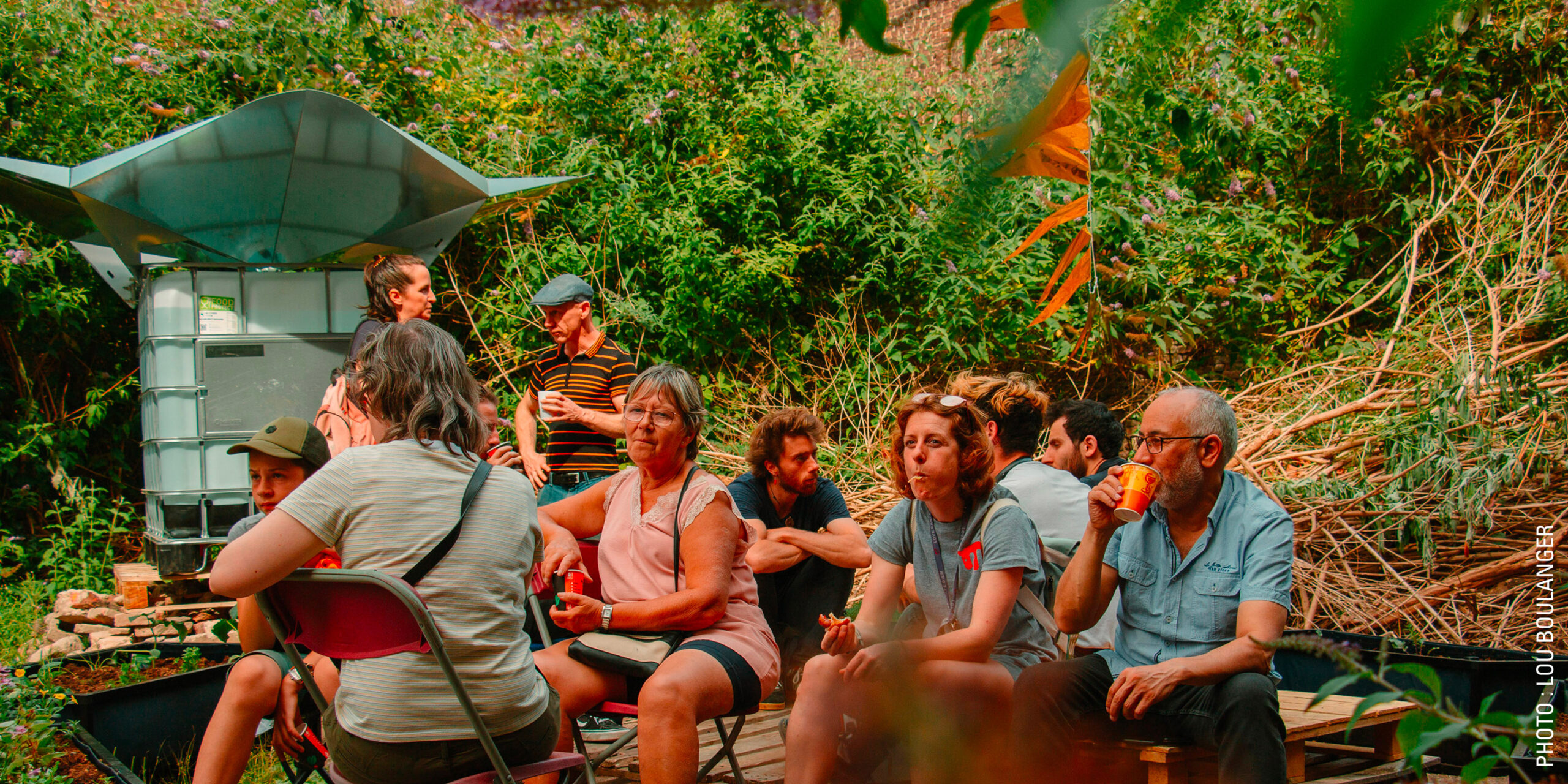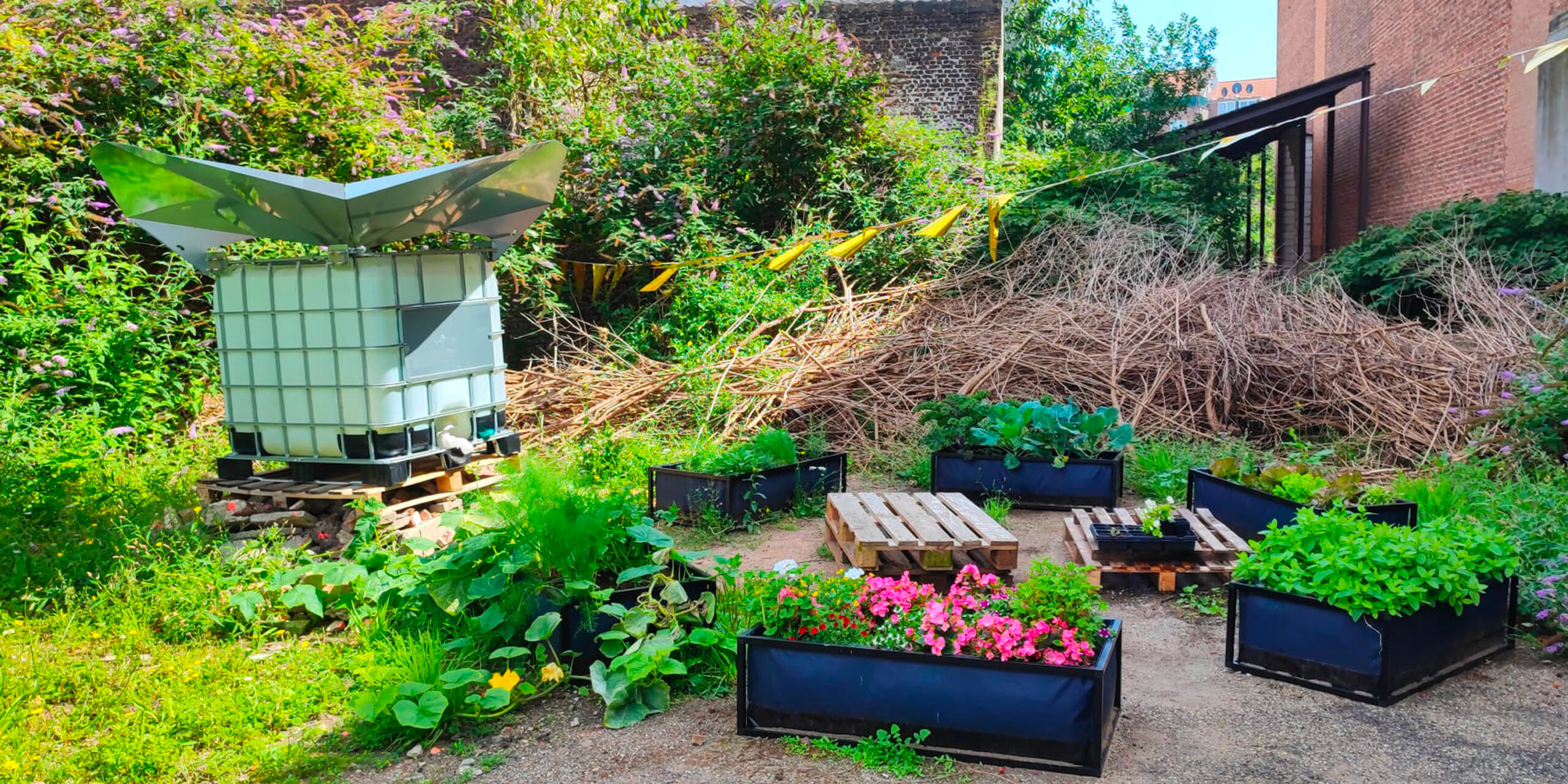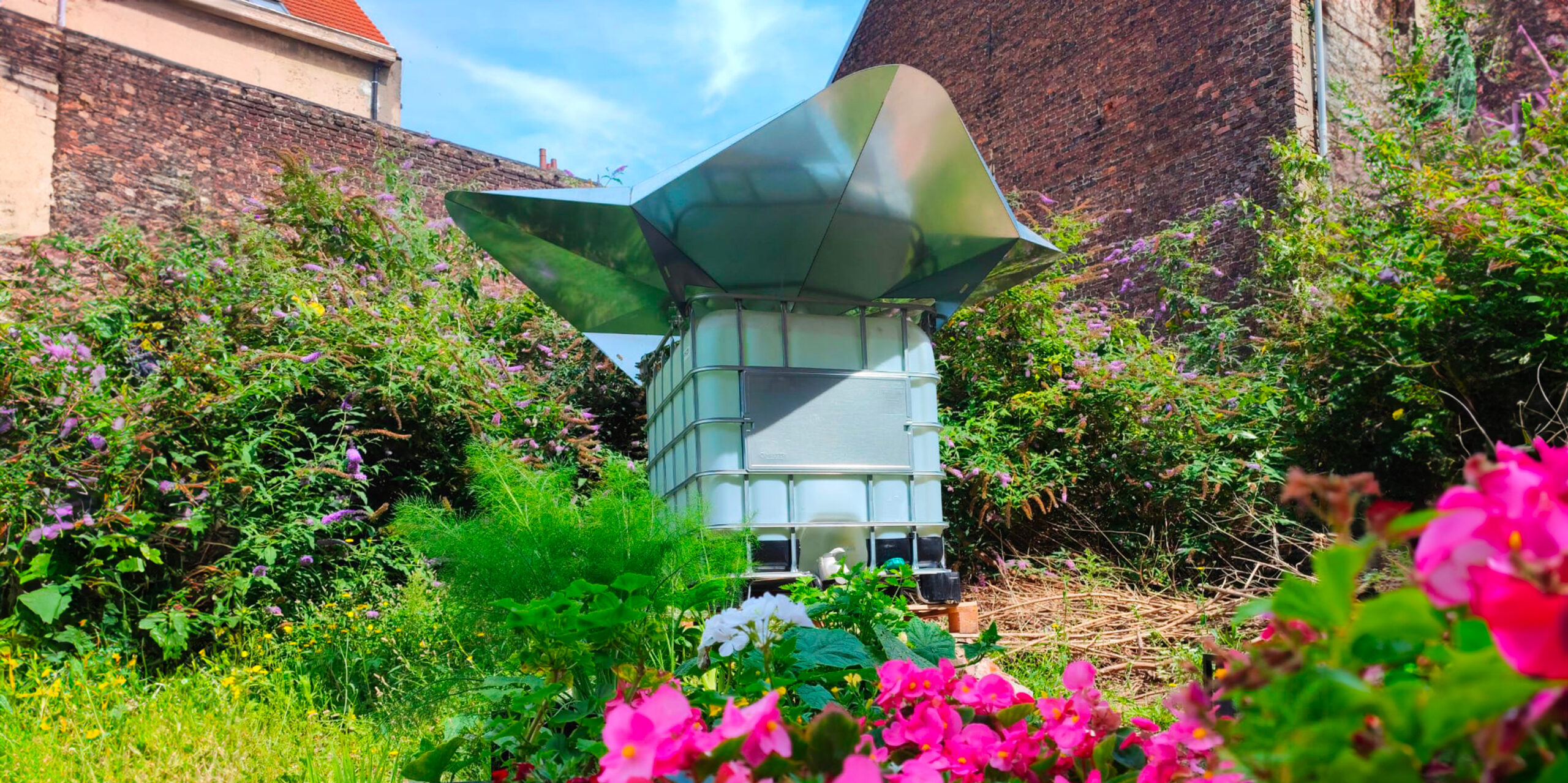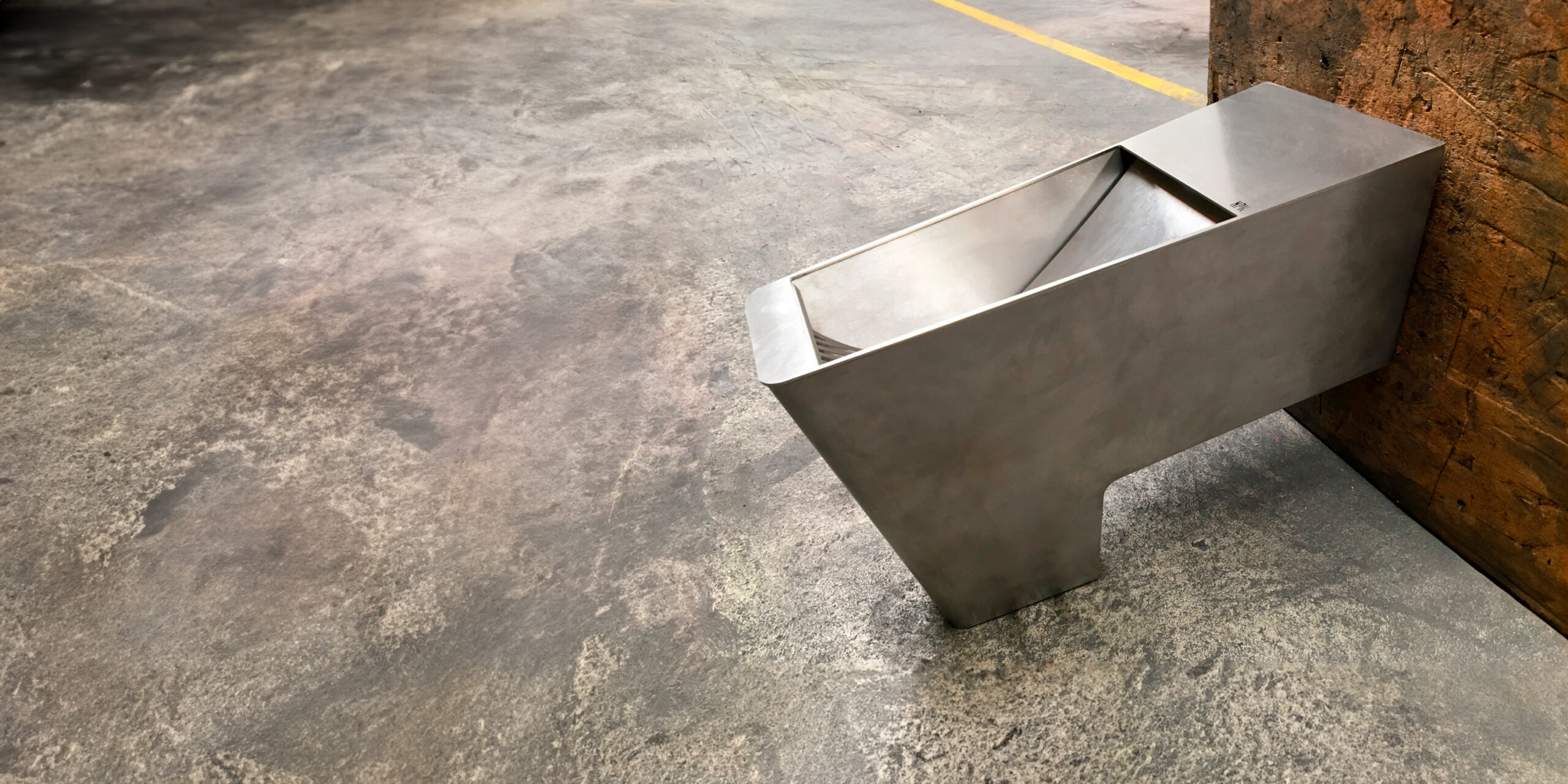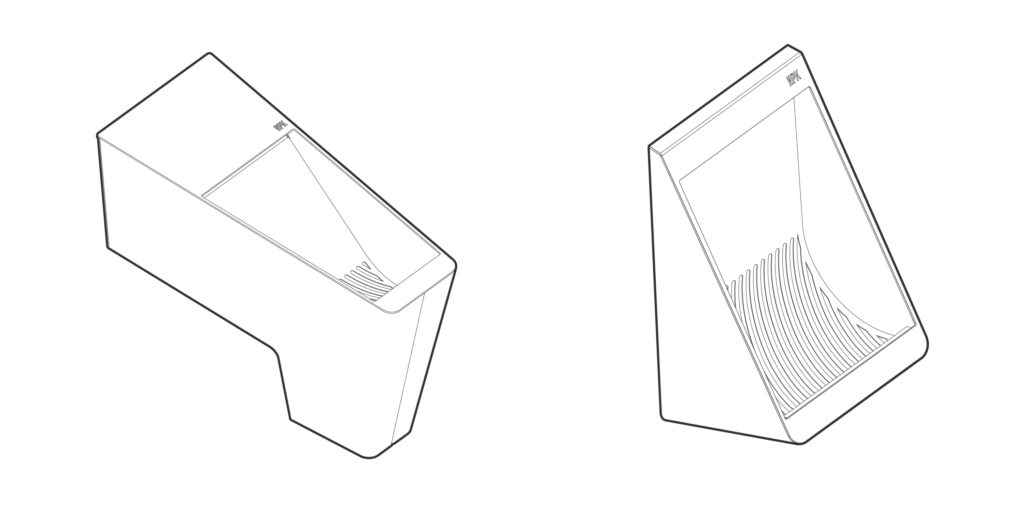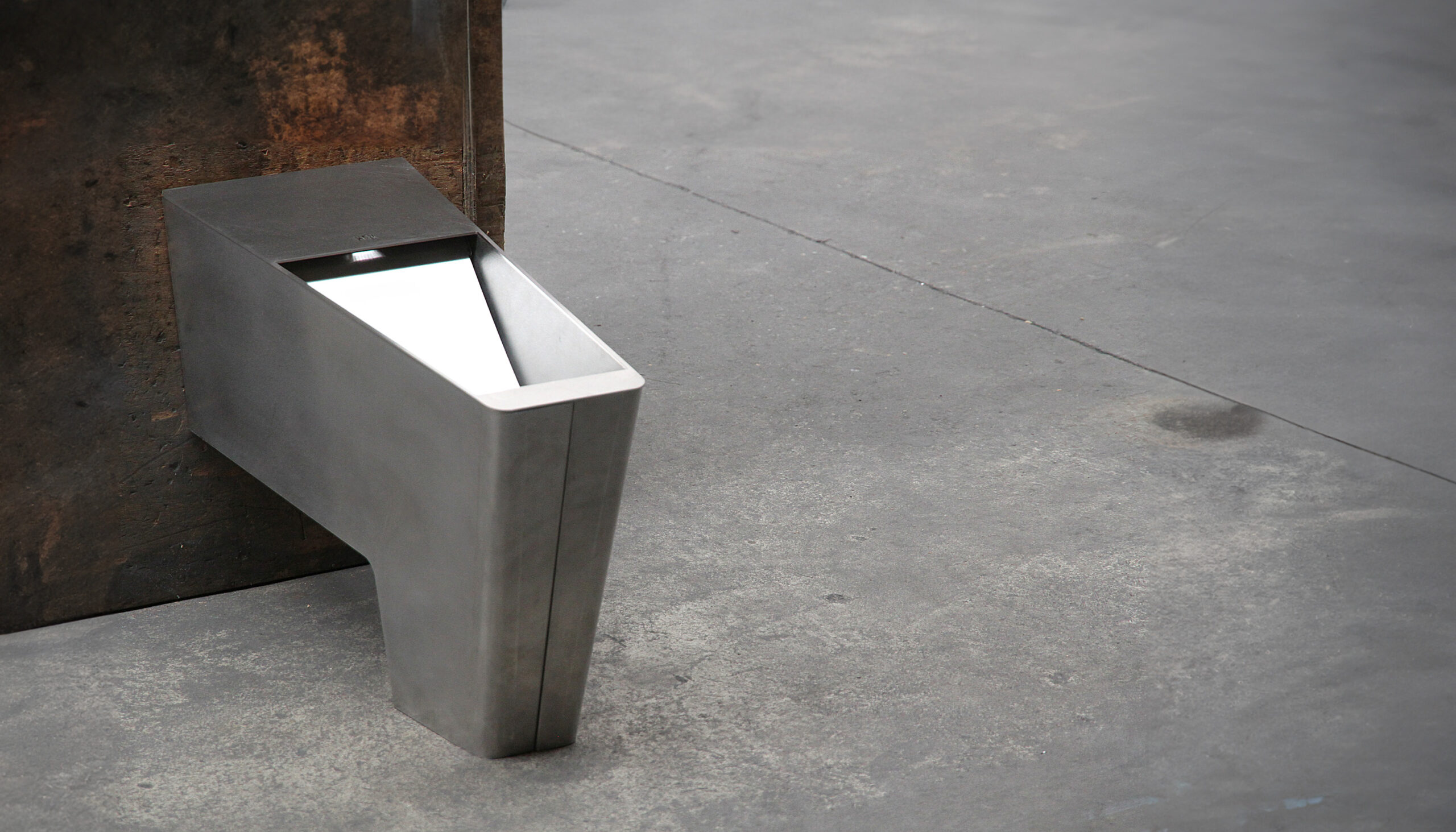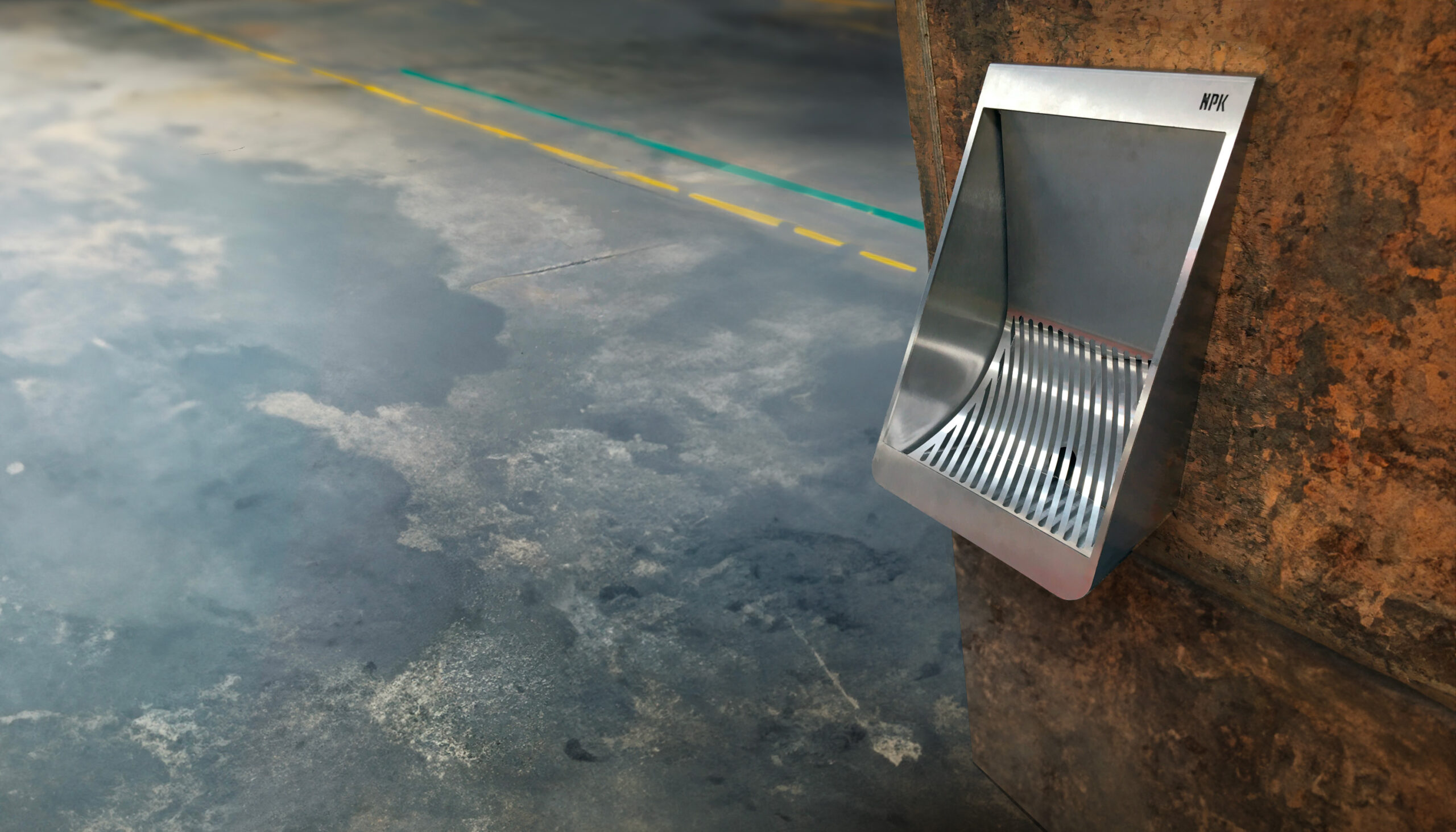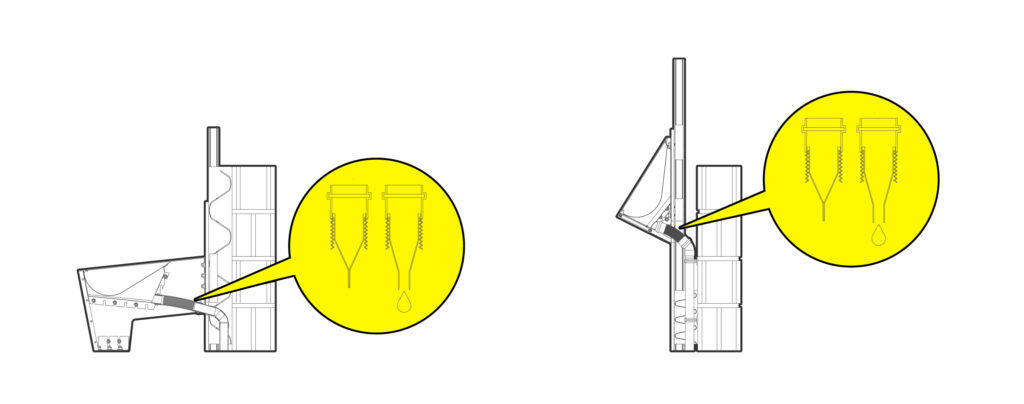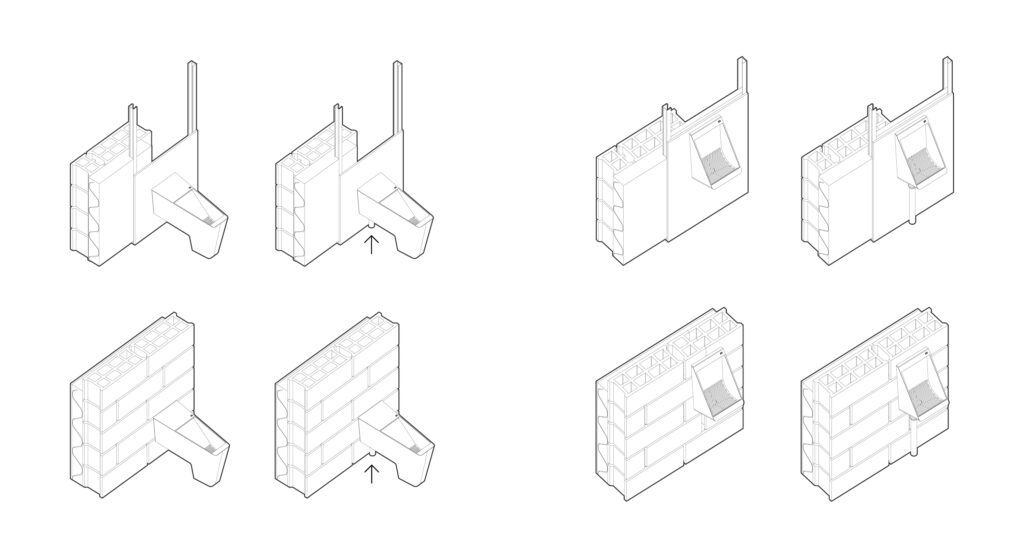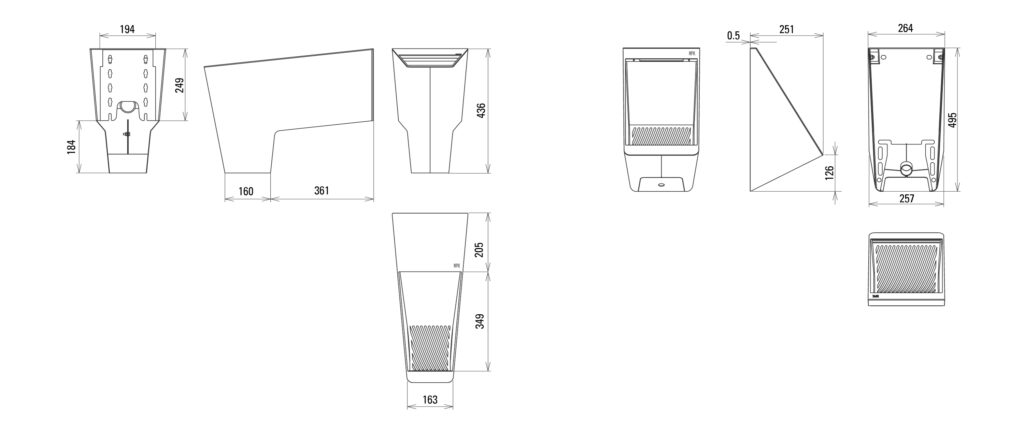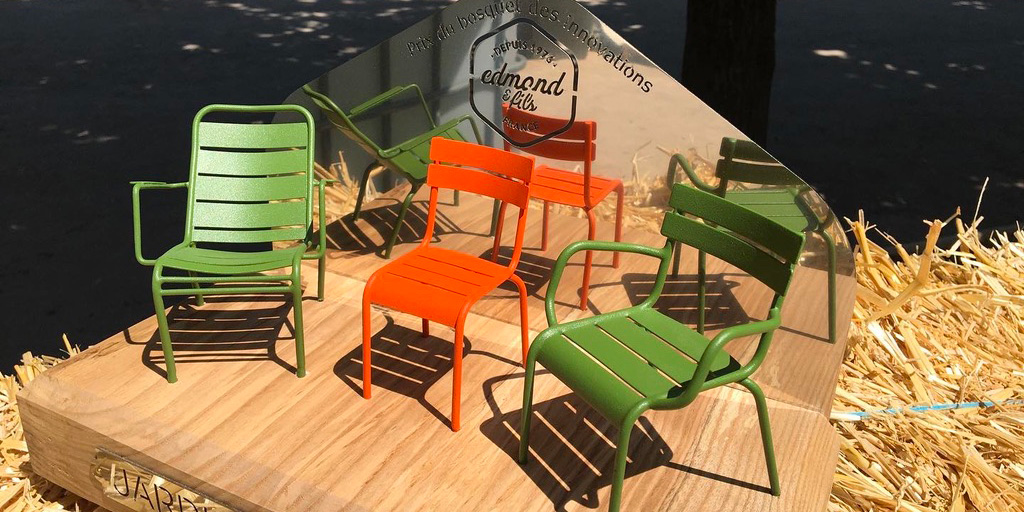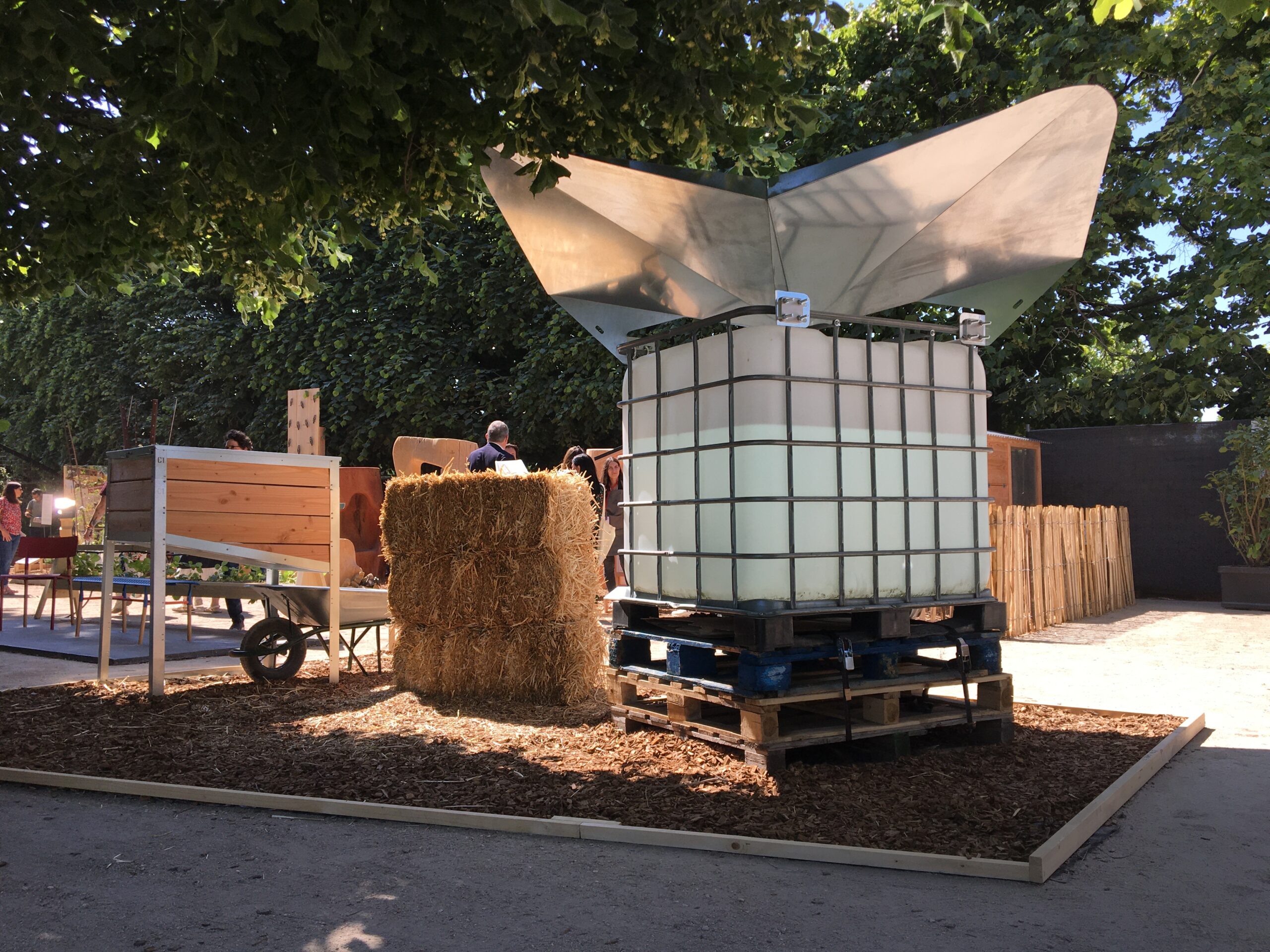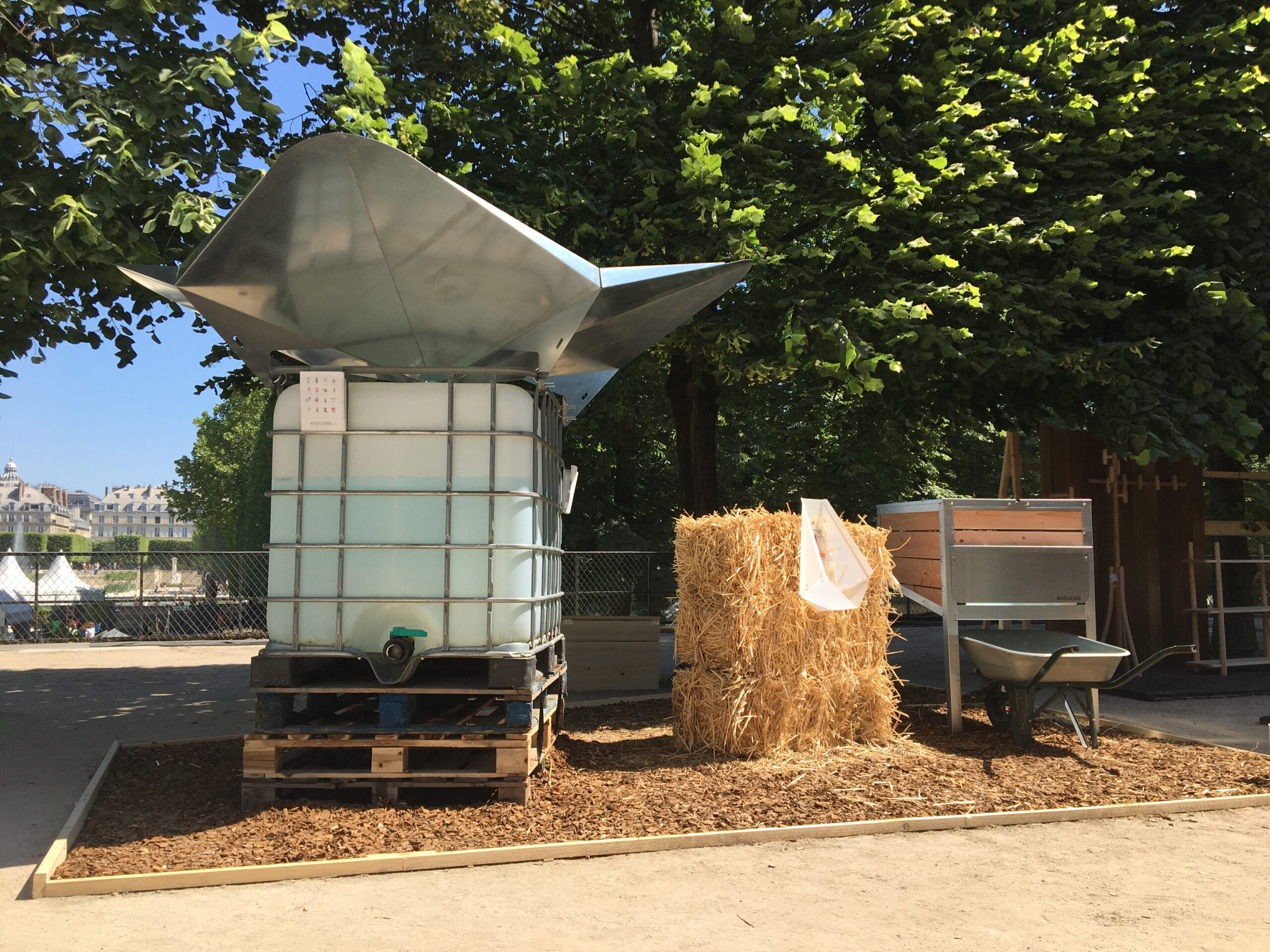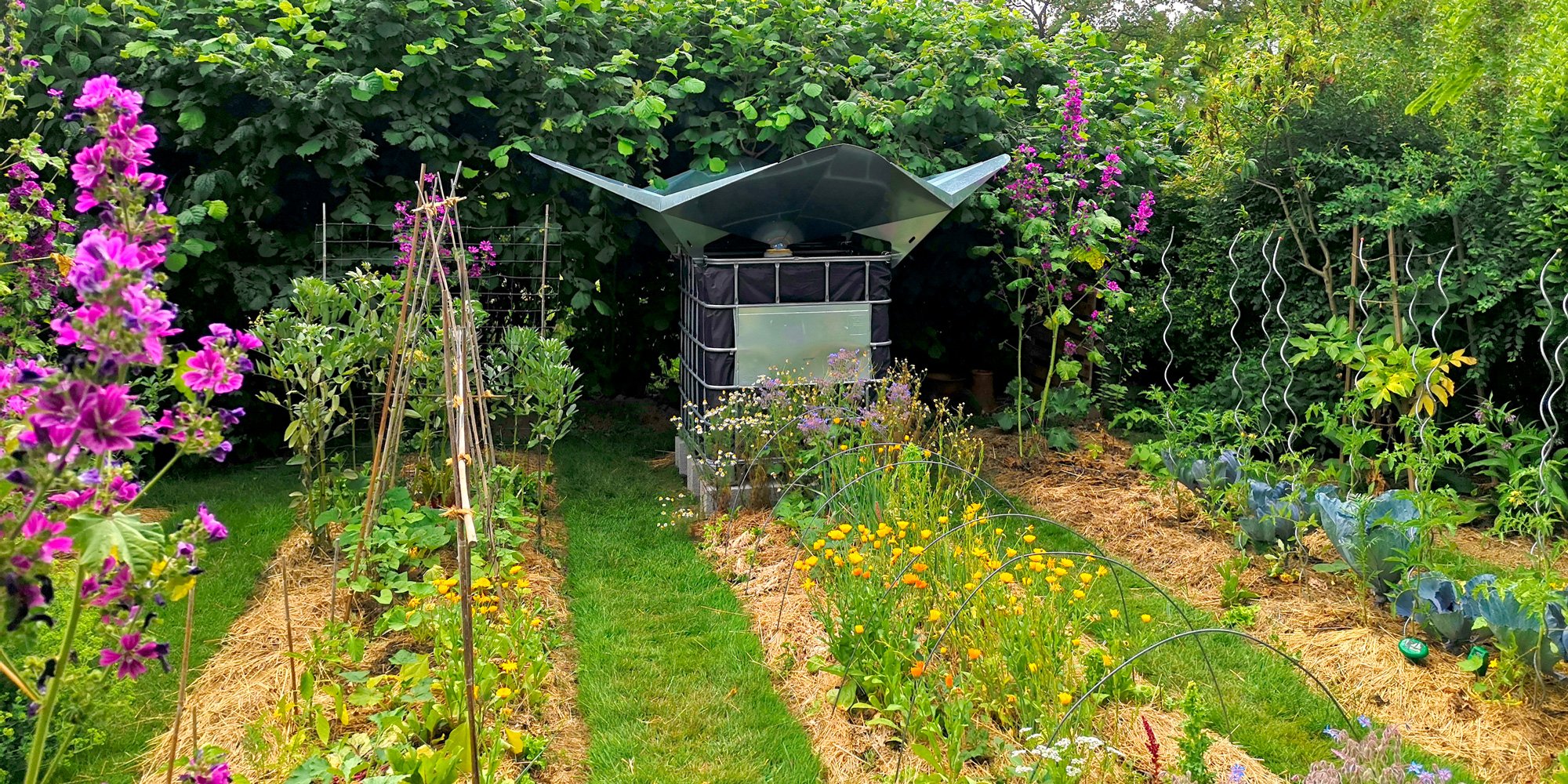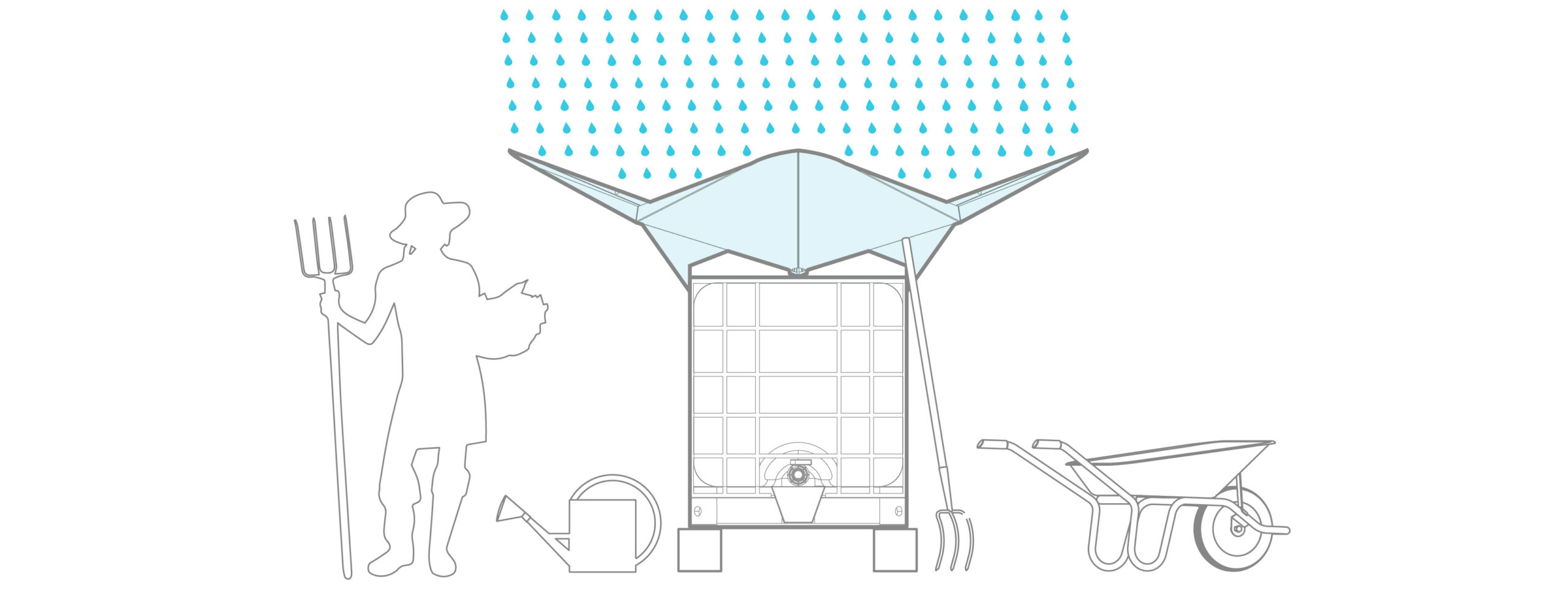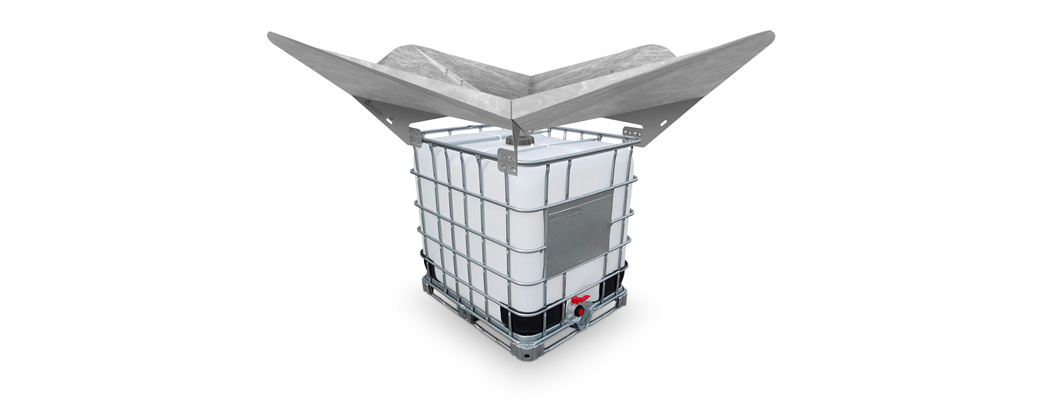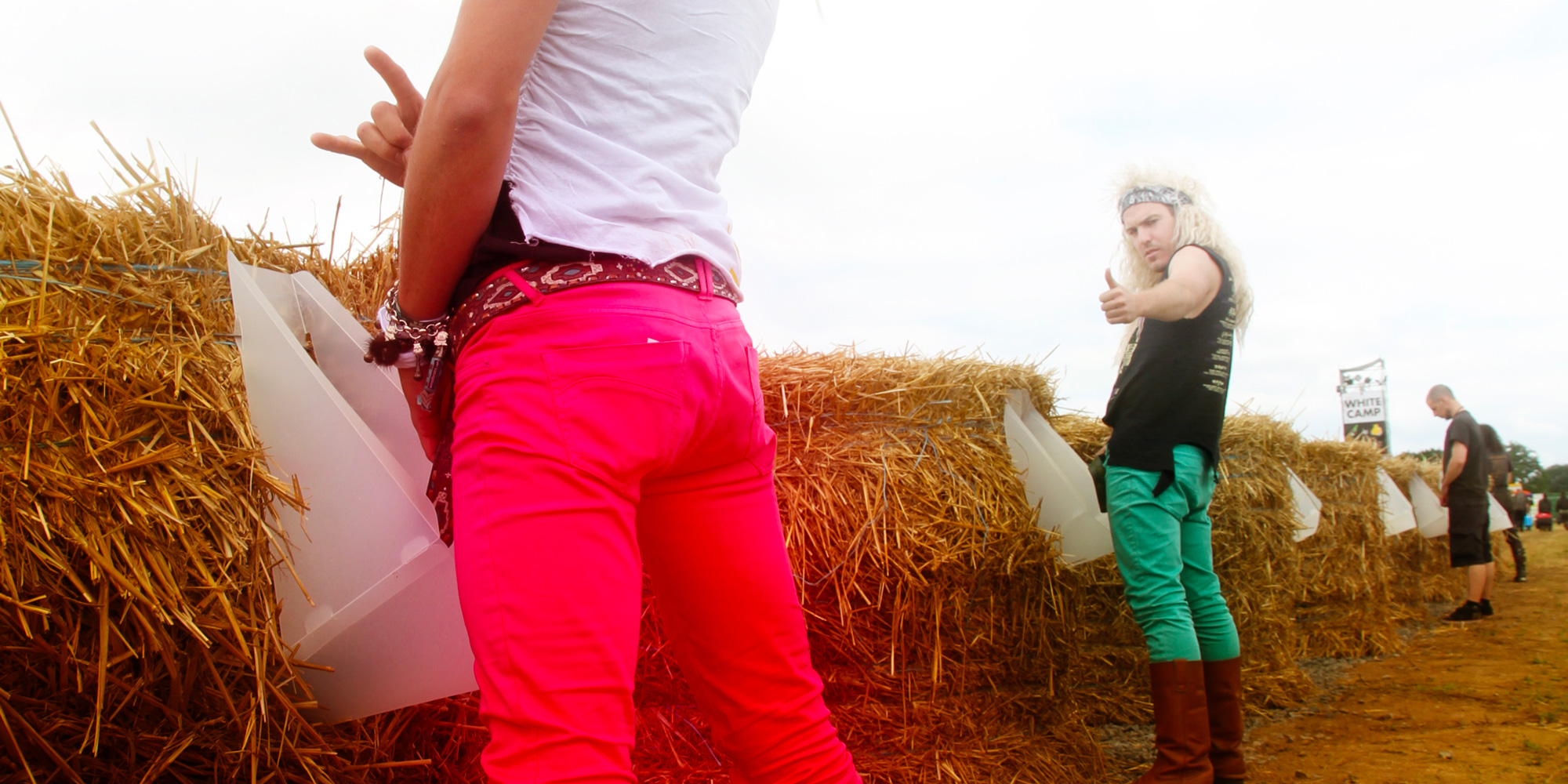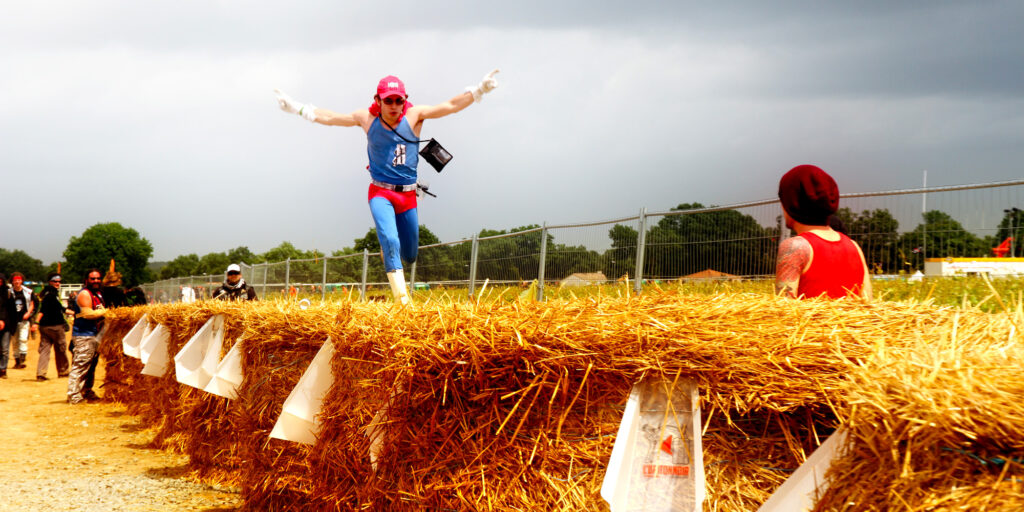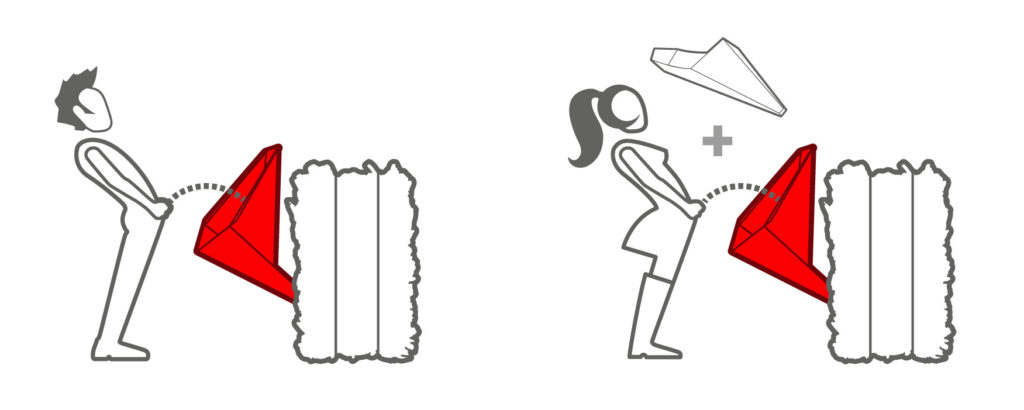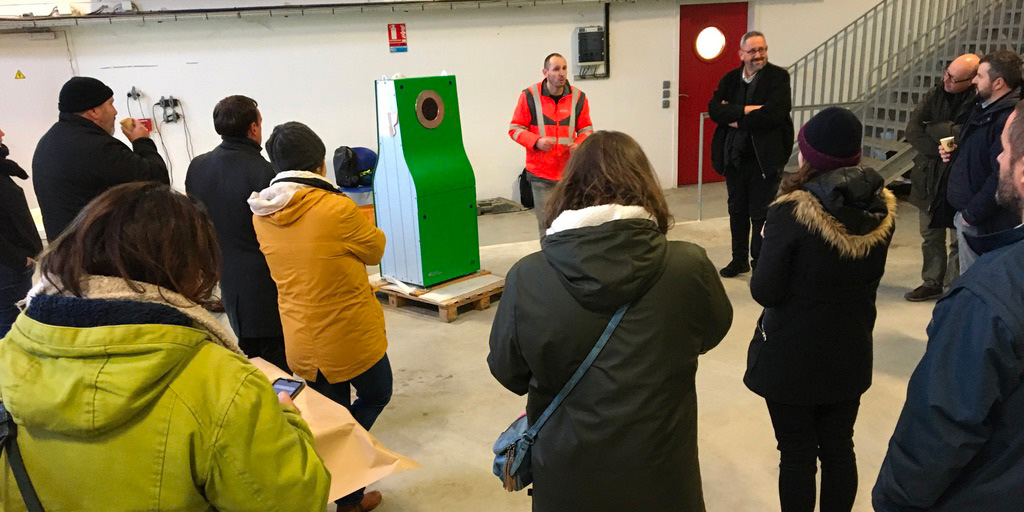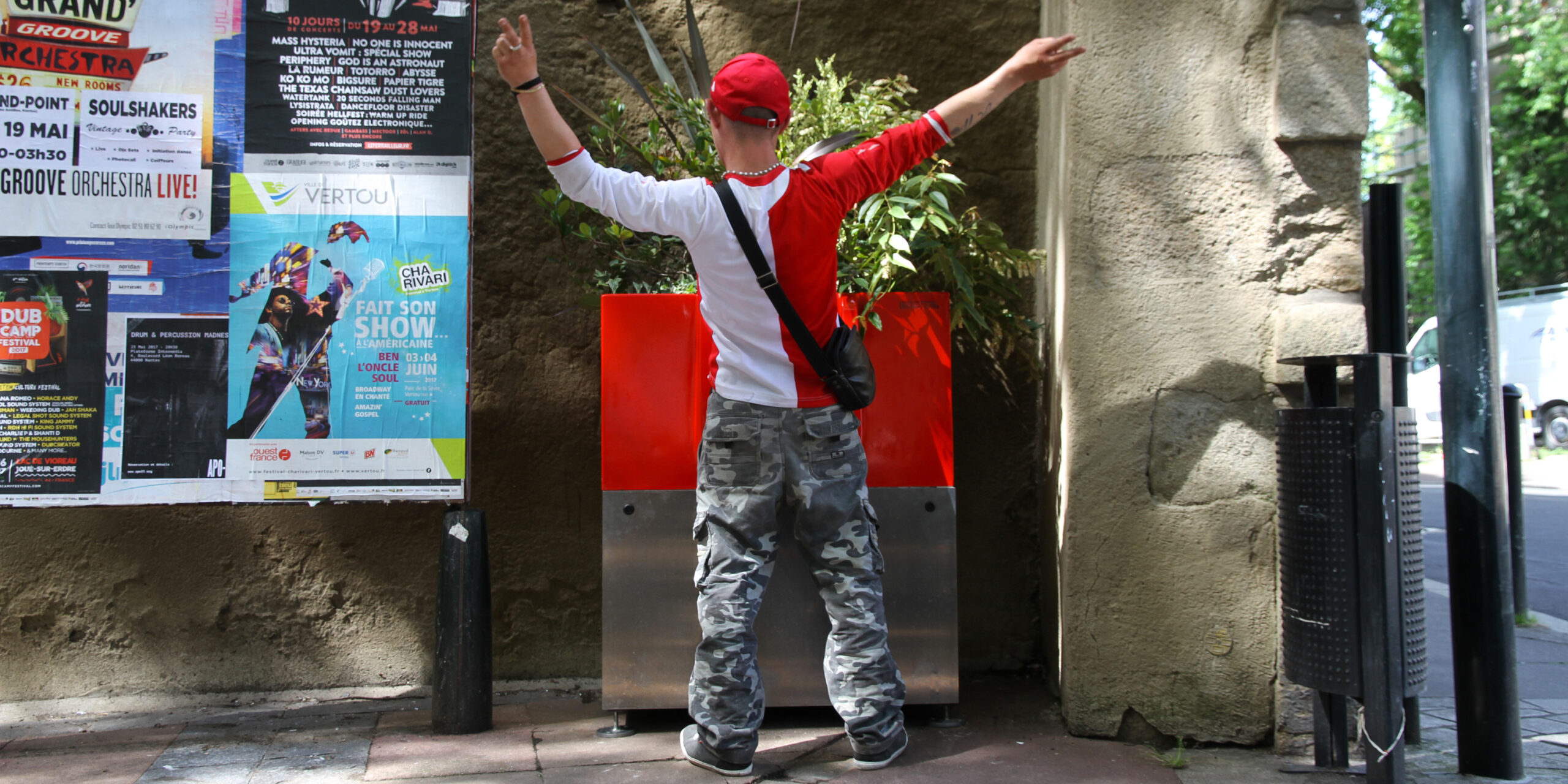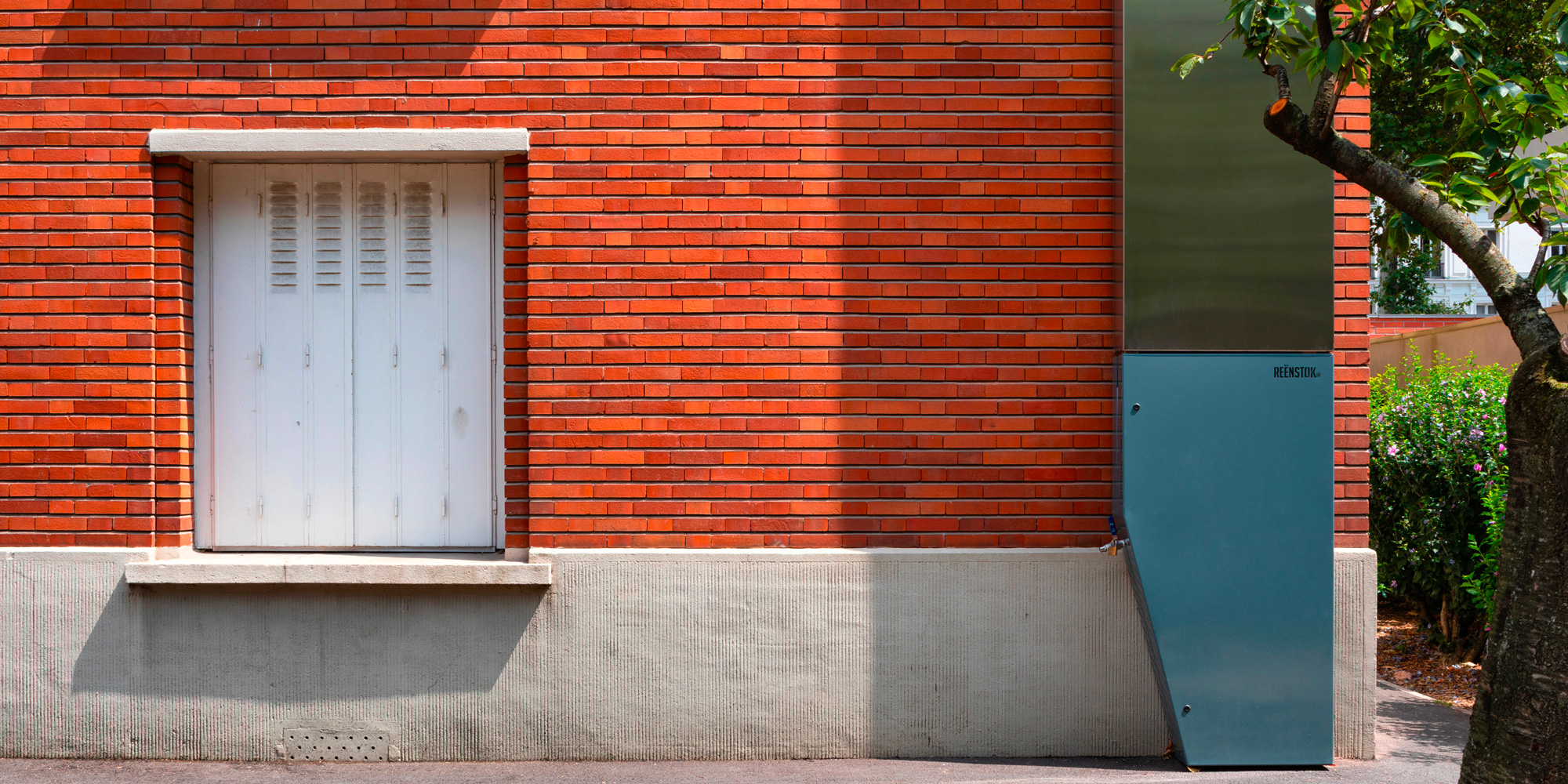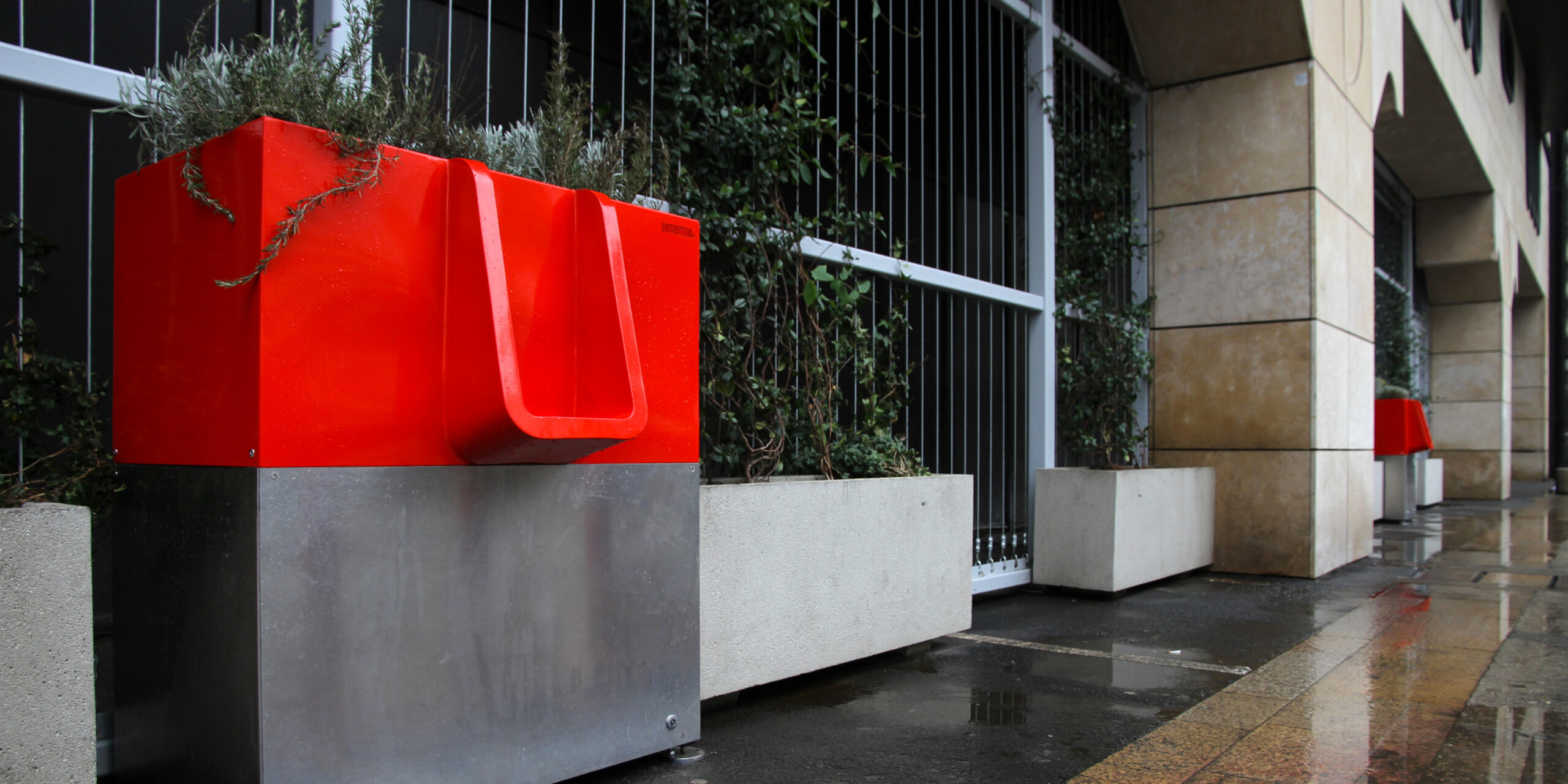
In cities the world over, men (and, to a lesser extent, women) who urinate in the street — al fresco — are a scourge of urban life, costing millions of dollars for cleaning and the repair of damage to public infrastructure. And, oh, the stench.
Now, Paris has a new weapon against what the French call “les pipis sauvages” or “wild peeing”: a sleek and eco-friendly public toilet. Befitting the country of Matisse, the urinal looks more like a modernist flower box than a receptacle for human waste.
You can even grow flowers in its compost.
The Parisian innovation was spurred by a problem of public urination so endemic that City Hall recently proposed dispatching a nearly 2,000-strong “incivility brigade” of truncheon-wielding officers to try to prevent bad behavior, which also includes leaving dog waste on the street and littering cigarette butts. Fines for public urination are steep — about $75.
Even that was not deterrent enough, officials say. A small brigade of sanitation workers still has to scrub about 1,800 miles of sidewalk each day. And dozens of surfaces are splattered by urine, according to City Hall.
Enter the boxy Uritrottoir — a combination of the French words for “urinal” and “pavement” — which has grabbed headlines and has already been lauded as a “friend of flowers” by Le Figaro, the French newspaper, because it produces compost that can be used for fertilizer. Designed by Faltazi, a Nantes-based industrial design firm, its top section also doubles as an attractive flower or plant holder.
The Uritrottoir, which has graffiti-proof paint and does not use water, works by storing urine on a bed of dry straw, sawdust or wood chips. Monitored remotely by a “urine attendant” who can see on a computer when the toilet is full, the urine and straw is carted away to the outskirts of Paris, where it is turned into compost that can later be used in public gardens or parks.
Fabien Esculier, an engineer who is known in the French media as “Monsieur Pipi” because of his expertise on the subject, said the Uritrottoir was more eco-friendly than the dozens of existing public toilets which dot the capital and are connected to the public sewage system.
“Its greatest virtue is that it doesn’t use water, and produces compost that can be used for public gardens and parks,” he said.
So far, Paris’s Gare de Lyon, a railway station that has become ground zero in the capital’s war against public urination, has ordered two of the toilets, which were installed on Tuesday outside the station, and the SNCF, France’s state-owned national railway, says it plans to roll out more across the capital if the Uritrottoir is a success.
“I am optimistic it will work,” said Maxime Bourette, the SNCF maintenance official who ordered the toilets for the railway. “Everyone is tired of the mess.”
He said it remained to be seen whether the toilets were cost effective — he said the SNCF paid about $9,730 for two, while it would cost about $865 a month to pay a sanitation worker to clean the toilets and take away the waste.
A designer of the Uritrottoir, Laurent Lebot, 45, an industrial engineer who has also invented an eco-friendly vacuum cleaner, said Nantes, in western France, had ordered three for the spring. He had also had inquiries from local councils in Cannes, France; Lausanne, Switzerland; London; and Saarbrücken, Germany. A large model can handle the outflow of 600 people; a smaller model absorbs 300 trips to the toilet.
“Public urination is a huge problem in France,” Mr. Lebot said. “Beyond the terrible smell, urine degrades lamp posts and telephone poles, damages cars, pollutes the Seine and undermines everyday life of a city. Cleaning up wastes water, and detergents are damaging for the environment.”
France is far from alone in combating public urination. In San Francisco, a street lamp whose base was damaged by urine recently collapsed, almost injuring a driver. The city has since installed public urinals adorned by plants.
New York has also long suffered from drunken urinating revelers, but the City Council recently downgraded the offense, along with littering and excessive noise, as part of its effort to divert minor offenders from its already overstretched court system. Nevertheless, offenders face a fine of $350 to $450 if they commit a third offense within a year.
In Chester, northwest England, the local government has clamped down on public urination amid concerns it was damaging the city’s medieval covered walkways.
In France, the acrid smell of urine has been a particular blight on the nation’s capital stretching back centuries, and Mr. Lebot noted that the carbon of the straw had the added benefit of combating the odor of urine. His next challenge, he added, was to design an aesthetically pleasing public toilet that women could use.
Among the steepest fines for an act of public urination — about $37,500 — was meted out to Pierre Pinoncelli, a French citizen who urinated on the artist Marcel Duchamp’s Dadaist porcelain urinal “Fountain” in 1993 — considered a masterpiece of conceptual art — before hitting it with a hammer.
DAN BILEFSKY
